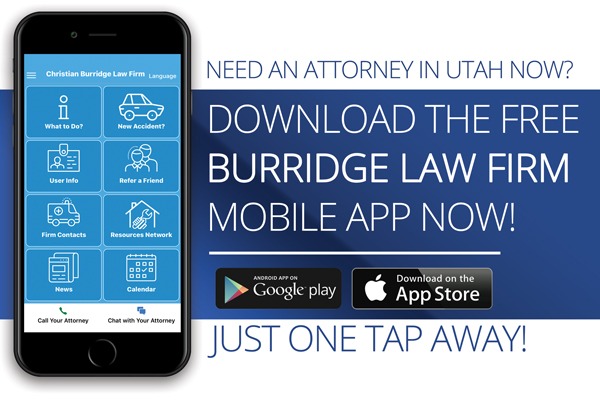Table of Contents
- Initial Steps After Loss
- Pre-Filing Investigation
- Filing the Claim
- Discovery Phase
- Settlement Negotiations
- Trial Process
- Post-Resolution Steps
Initial Steps After Loss {#initial-steps}
Immediate Actions
- Obtain death certificate
- Secure medical records
- Document expenses
- Contact insurance companies
- Preserve evidence
Selecting Legal Representation
- Research attorneys’ experience
- Schedule consultations
- Review fee agreements
- Discuss case strategy
- Sign representation agreement
Pre-Filing Investigation {#investigation}
Evidence Gathering
- Medical documentation
- Accident reports
- Witness statements
- Expert opinions
- Financial records
Case Evaluation
Liability Assessment
- Identifying responsible parties
- Establishing negligence
- Documenting breach of duty
- Proving causation
Damages Calculation
- Medical expenses
- Lost income
- Funeral costs
- Non-economic losses
- Future damages
Filing the Claim {#filing}
Legal Documentation
- Complaint preparation
- Supporting exhibits
- Service of process
- Court filing procedures
- Notice requirements
Initial Response Period
- Defendant’s answer
- Motion responses
- Preliminary objections
- Jurisdiction challenges
- Initial hearings
Discovery Phase {#discovery}
Written Discovery
Interrogatories
- Questions about facts
- Document requests
- Insurance information
- Witness identification
- Expert disclosure
Document Production
- Medical records
- Employment records
- Financial documents
- Correspondence
- Digital evidence
Depositions
Witness Testimony
- Family members
- Eyewitnesses
- Medical providers
- Expert witnesses
- Defendants
Physical Evidence
- Scene documentation
- Product examination
- Safety records
- Surveillance footage
- Physical items
Settlement Negotiations {#settlement}
Pre-Mediation Steps
- Demand letter preparation
- Evidence presentation
- Damage calculations
- Liability arguments
- Settlement proposals
Mediation Process
- Mediator selection
- Opening statements
- Private sessions
- Negotiation rounds
- Agreement drafting
Trial Process {#trial}
Trial Preparation
Evidence Organization
- Exhibit preparation
- Witness coordination
- Timeline creation
- Demonstrative aids
- Technology setup
Strategy Development
- Opening statements
- Witness order
- Cross-examination plans
- Expert testimony
- Closing arguments
Trial Phases
- Jury selection
- Opening statements
- Plaintiff’s case
- Defense case
- Closing arguments
- Jury instructions
- Verdict
Post-Resolution Steps {#post-resolution}
Settlement Distribution
- Court approval
- Estate administration
- Tax considerations
- Beneficiary payments
- Lien resolution
Appeal Process
If Necessary
- Appeal deadlines
- Brief preparation
- Oral arguments
- Court review
- Final resolution
Timeline Expectations
Typical Duration
- Investigation: 1-3 months
- Filing to Discovery: 3-6 months
- Discovery: 6-12 months
- Settlement/Trial: 3-6 months
- Total: 1-2 years average
Factors Affecting Timeline
- Case complexity
- Court backlog
- Evidence availability
- Party cooperation
- Settlement possibilities
Cost Considerations
Attorney Fees
- Contingency basis
- Percentage structure
- Cost advancement
- Reimbursement terms
- Success fees
Case Expenses
- Filing fees
- Expert witnesses
- Document production
- Travel expenses
- Trial exhibits
Important Deadlines
Statute of Limitations
- State variations
- Filing deadlines
- Notice requirements
- Exception periods
- Tolling provisions
Court-Imposed Deadlines
- Discovery cutoff
- Motion deadlines
- Expert disclosures
- Settlement conferences
- Trial dates
Conclusion
Understanding the legal process helps families navigate wrongful death claims with realistic expectations. While each case is unique, this overview provides a roadmap of typical proceedings from start to finish. Working with experienced legal counsel ensures proper handling of each phase while protecting your rights and interests.
[Contact our experienced wrongful death attorneys for a free consultation to discuss your case’s specific timeline and requirements.]
Disclaimer: This overview is for informational purposes only and does not constitute legal advice. Timelines and procedures may vary by jurisdiction and case specifics. Consult a qualified attorney for guidance specific to your situation.



